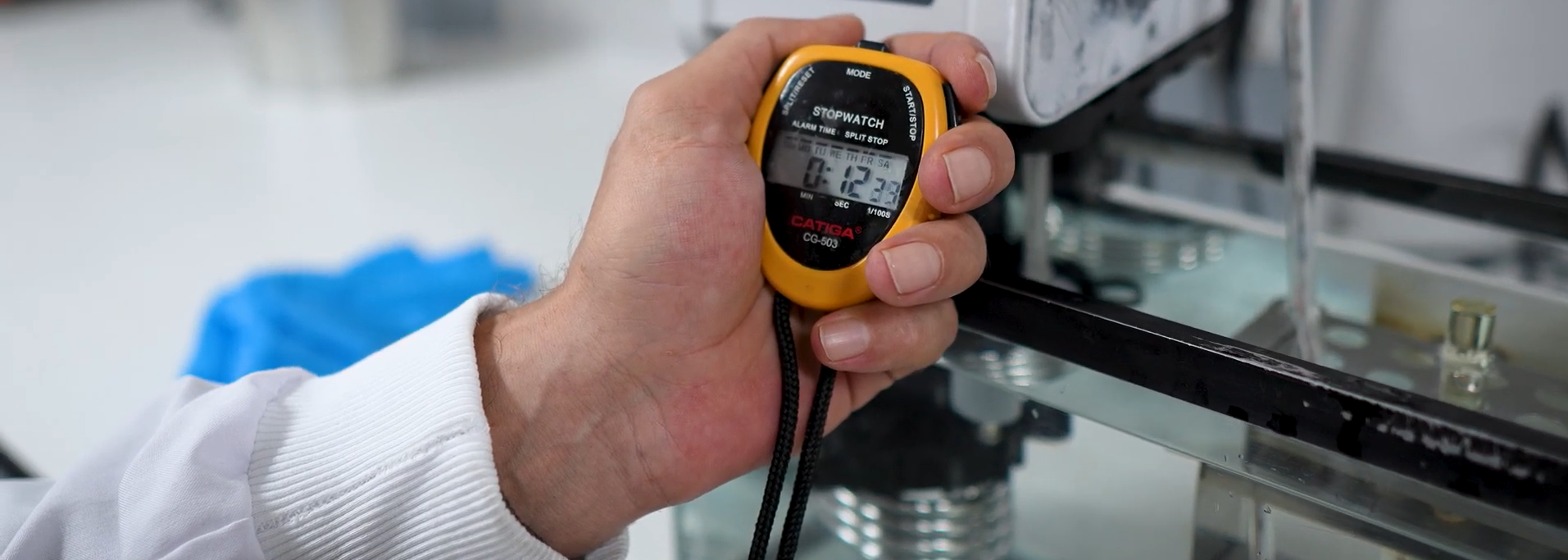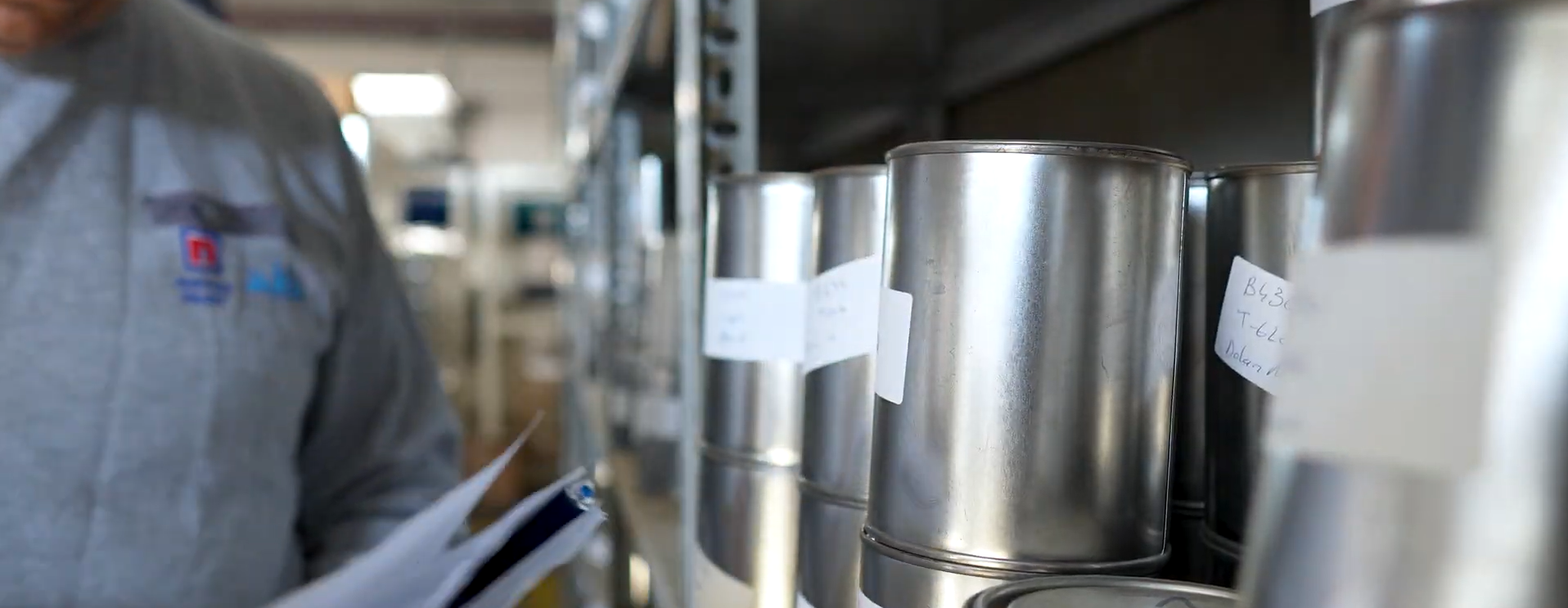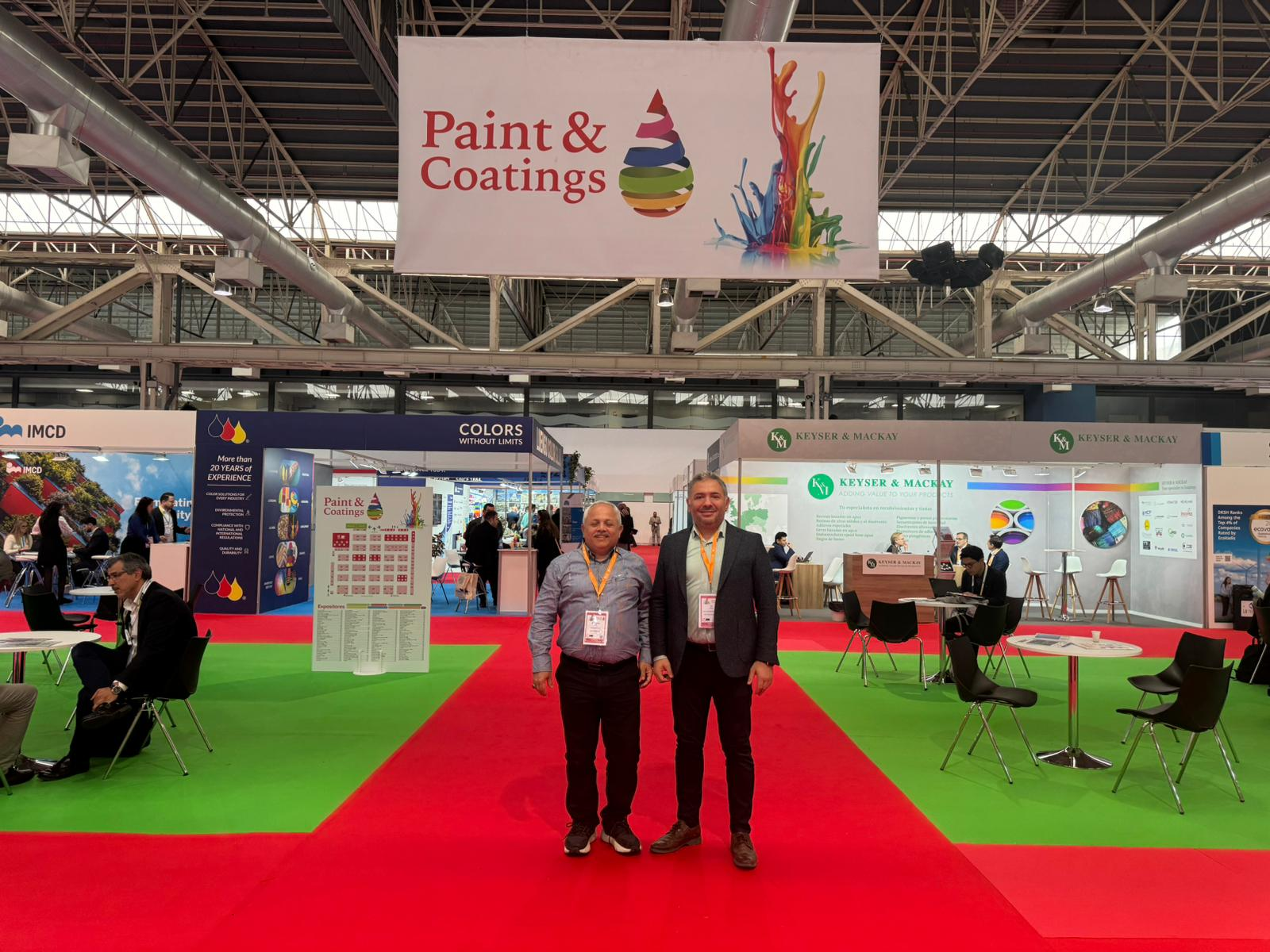
Alkyd and acrylic resins have been fundamental components in various industrial applications and coating technologies for many years. These resins are particularly known for their high performance in the paint and coating industries, and with the continuous advancement of technology, they are becoming more efficient, environmentally friendly, and durable. In recent years, innovations in the production of alkyd and acrylic resins have paved the way for the development of more sustainable, high-performance products.
- UV-Curable Alkyd Resins: Environmentally Friendly and Efficient
UV-curable alkyd resins are creating a revolution in the industrial sector. These resins offer faster curing times compared to traditional alkyd resins and provide a more eco-friendly alternative with low volatile organic compound (VOC) emissions. UV-curable alkyd resins are becoming increasingly popular in automotive, furniture, and construction industries. With UV light, fast curing is achieved while maintaining high chemical resistance and long-lasting coatings.
- Advancements in High-Performance Acrylic Resins
Acrylic resins are well-known for their fast curing times and superior surface durability. Technological advancements have enhanced the performance of acrylic resins, making them even more resistant to UV light and weather conditions. These developments have made acrylic resins the material of choice for exterior coatings, automotive finishes, and construction applications. Acrylic resins also stand out for their excellent resistance to environmental factors and high transparency.
- Sustainability-Focused Innovations
Sustainability has become one of the key focus areas for manufacturers of alkyd and acrylic resins today. Innovative materials used in resin production are enabling the development of more environmentally friendly formulations. Specifically, bio-based alkyd and acrylic resins are alternatives that reduce dependence on fossil fuels and offer a more sustainable production process. These products not only minimize environmental impact but also promote energy efficiency in production.
- Nanotechnology and Smart Coatings
Nanotechnology is another innovation that significantly enhances the performance of acrylic and alkyd resins. Nanoparticles increase the durability of resins while making them more resistant to water and chemicals. Nanotechnological applications are particularly useful in outdoor coatings, offering long-lasting, durable, and eco-friendly solutions. Additionally, smart coating technologies are being developed that allow resins to change properties based on environmental conditions or even self-heal, resulting in longer-lasting coatings.
- Process Safety and Environmentally Friendly Production
Process safety is of utmost importance in the production of alkyd and acrylic resins. Energy-efficient solutions and environmentally friendly production techniques have become one of the latest trends in the industry. Low VOC emissions and effective waste management solutions allow the production of high-quality resins without harming the environment. At the same time, regular environmental assessments and safety measures at production facilities ensure the protection of both workers and the environment.
Conclusion
The alkyd and acrylic resin industry continues to evolve with technological innovations and environmentally conscious practices. UV-curable resins, bio-based formulations, and nanotechnological applications are some of the most important developments in the field. These innovations have not only facilitated the production of more durable and high-performance products but also enabled the development of environmentally friendly solutions. In the future, it is expected that these technologies will become more widespread, helping the industry meet its sustainability goals.


